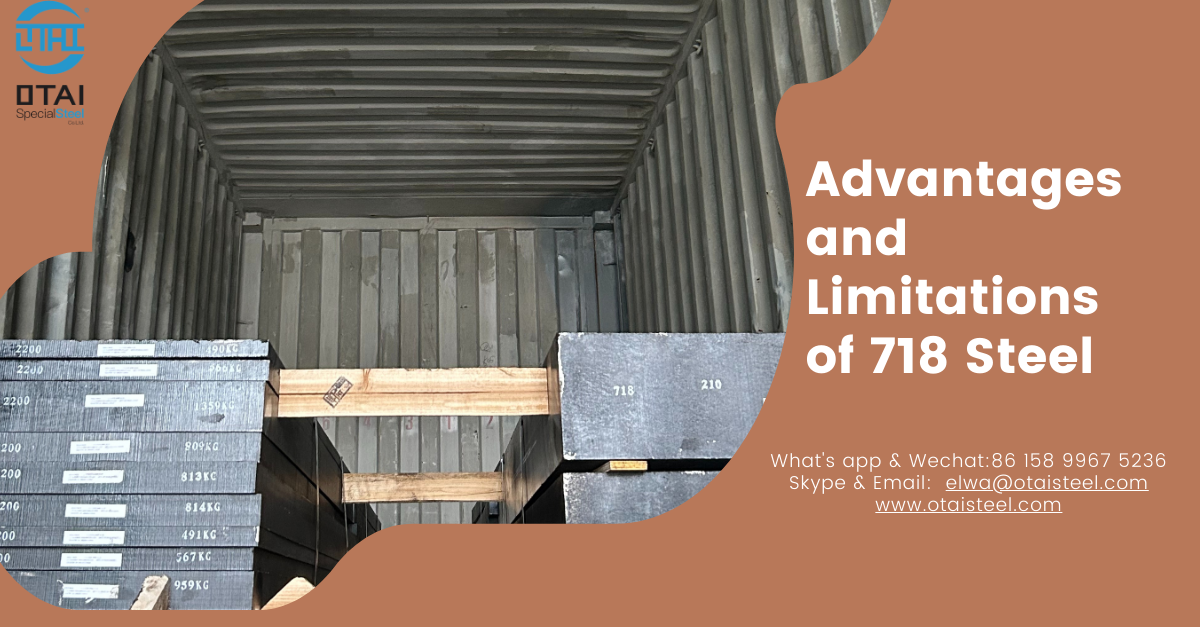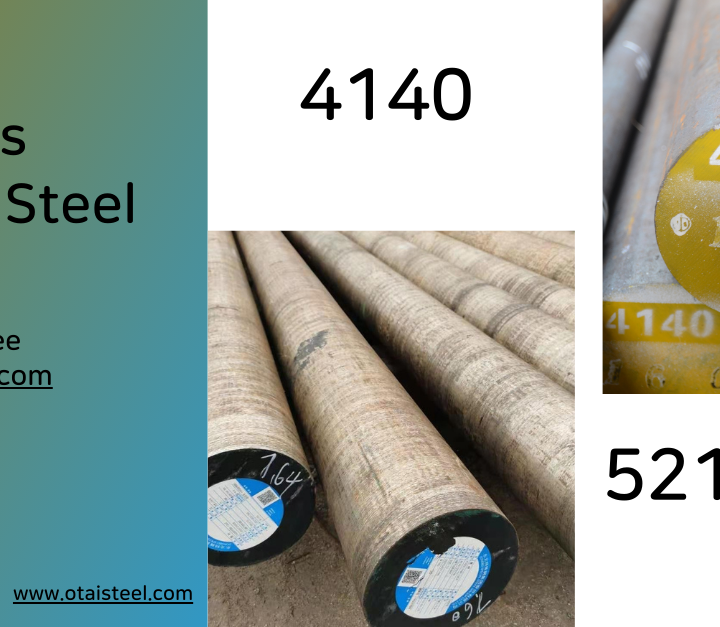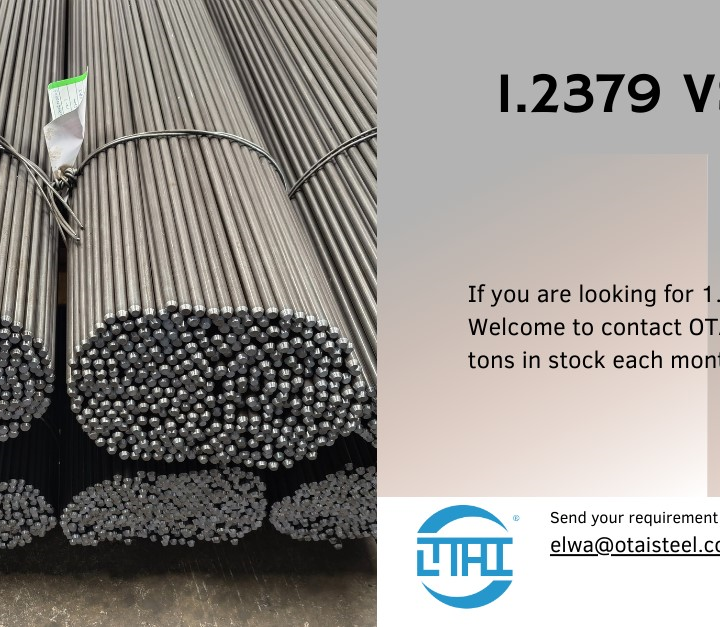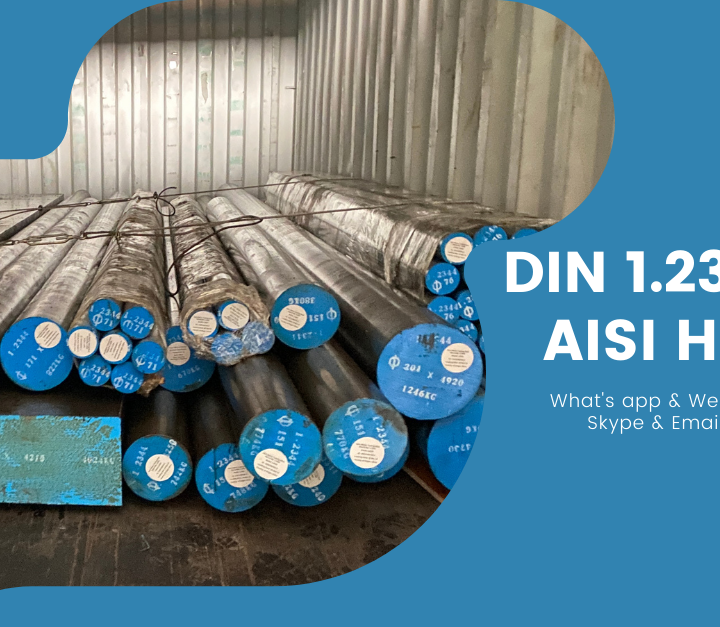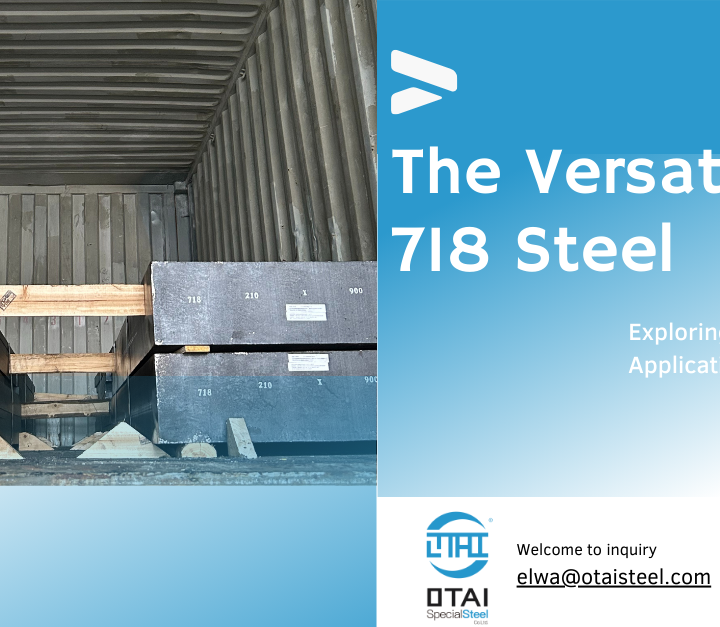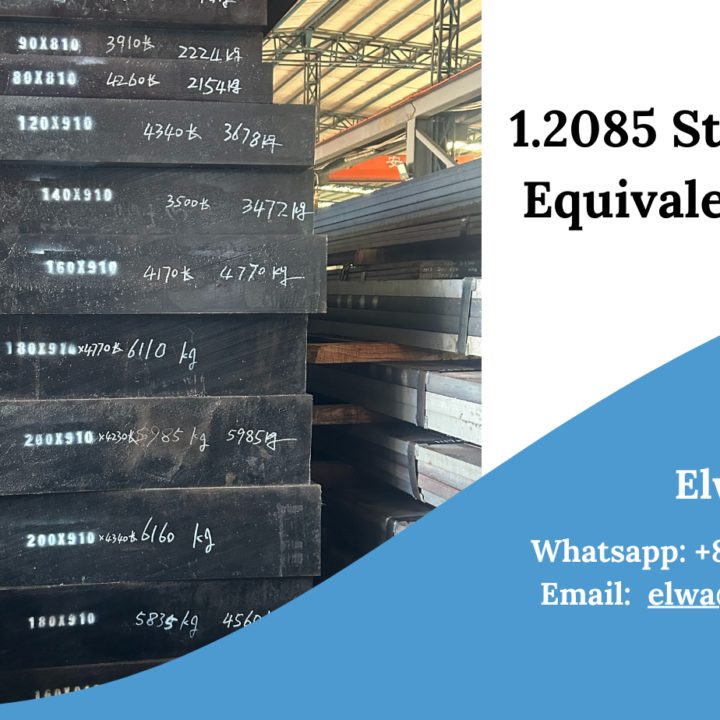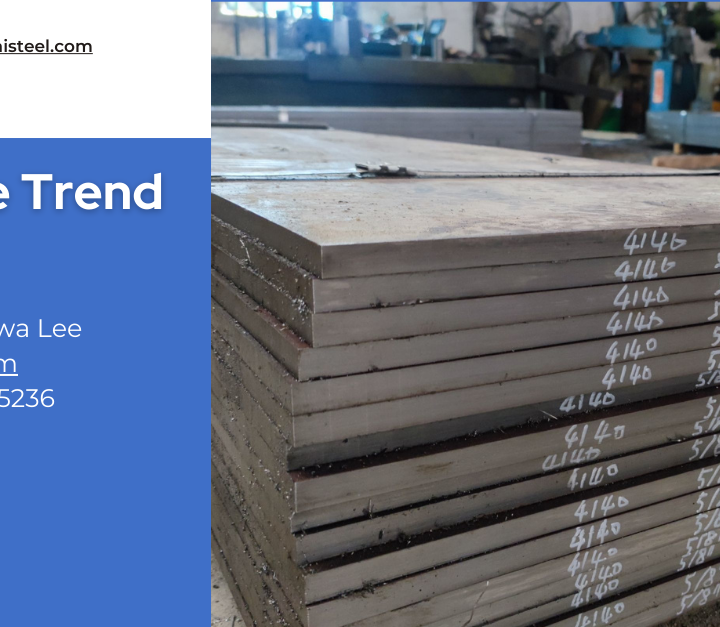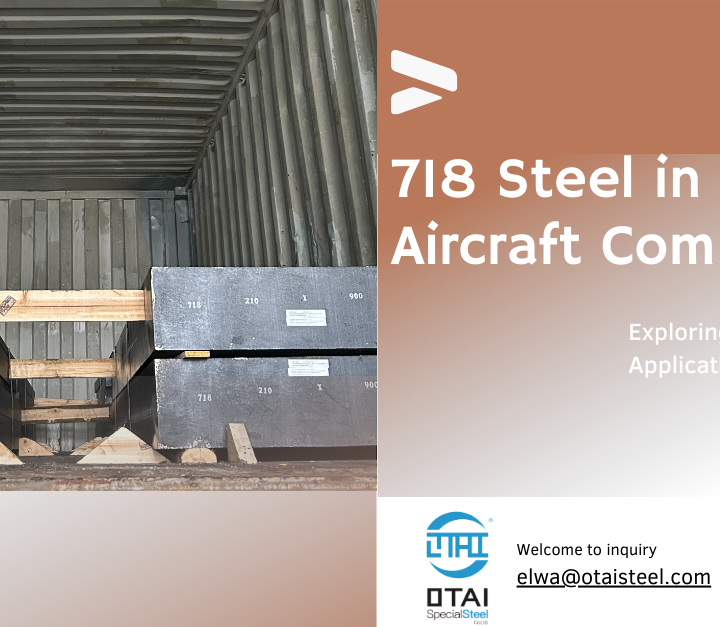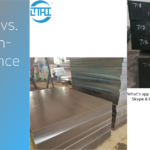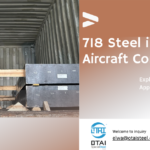718 steel, a nickel-based superalloy, has gained significant attention in industrial applications due to its exceptional properties and versatility. However, like any material, it comes with its own set of advantages and limitations. In this article, we’ll explore the advantages and limitations of 718 steel in industrial settings to provide a comprehensive understanding of its suitability for various applications.
Advantages of 718 Steel
- High Strength: 718 steel exhibits excellent strength, allowing for the design of robust components capable of withstanding heavy loads and mechanical stresses in industrial machinery and equipment.
- Corrosion Resistance: With its chromium content, 718 steel offers superior corrosion resistance, making it ideal for use in environments exposed to moisture, chemicals, and harsh operating conditions.
- Heat Resistance: The ability of 718 steel to maintain mechanical properties at high temperatures makes it suitable for applications involving exposure to elevated temperatures, such as in furnaces, reactors, and industrial ovens.
- Versatility: 718 steel is highly versatile and can be easily fabricated, machined, and welded, allowing for the production of complex shapes and structures tailored to specific industrial requirements.
- Longevity: Thanks to its durability and resistance to degradation, 718 steel components have a long service life, reducing the need for frequent maintenance and replacement in industrial machinery and equipment.
Limitations of 718 Steel
- Cost: The production of 718 steel involves complex manufacturing processes and the use of expensive alloying elements, resulting in higher material costs compared to conventional steels.
- Workability: While 718 steel is machinable and weldable, it can pose challenges in terms of tool wear and processing time due to its high strength and hardness.
- Brittleness at Low Temperatures: In certain industrial environments, such as cryogenic applications, 718 steel may exhibit increased brittleness at low temperatures, impacting its performance and reliability.
- Sensitivity to Environmental Factors: Despite its corrosion resistance, 718 steel may still be susceptible to certain environmental factors, such as pitting and crevice corrosion in chloride-rich environments.
Conclusion
In conclusion, 718 steel offers a compelling combination of advantages, including high strength, corrosion resistance, heat resistance, versatility, and longevity, making it well-suited for various industrial settings. However, it’s essential to consider its limitations, such as cost, workability, brittleness at low temperatures, and sensitivity to environmental factors, when evaluating its suitability for specific applications. By weighing these advantages and limitations of 718 steel, industrial stakeholders can make informed decisions regarding the use of 718 steel in their operations, ensuring optimal performance and efficiency.
FAQs
1. What industries commonly utilize 718 steel in industrial settings?
718 steel finds applications in industries such as aerospace, automotive, oil and gas, chemical processing, and power generation, where its exceptional properties are valued for demanding industrial applications.
2. How does the cost of 718 steel compare to conventional steels?
Due to its complex manufacturing processes and the use of expensive alloying elements, 718 steel tends to have higher material costs compared to conventional steels.
3. Can 718 steel be used in cryogenic applications?
While 718 steel exhibits increased brittleness at low temperatures, it may still be suitable for certain cryogenic applications with proper consideration of its limitations and environmental factors.
4. What factors should industrial stakeholders consider when evaluating the use of 718 steel?
Industrial stakeholders should consider factors such as strength requirements, operating conditions, cost considerations, workability, and environmental factors when assessing the suitability of 718 steel for specific applications.
5. Are there alternative materials to 718 steel that offer similar properties?
Yes, there are alternative materials such as Inconel and Hastelloy that offer similar properties to 718 steel and may be suitable for certain industrial applications, depending on specific requirements and operating conditions.
